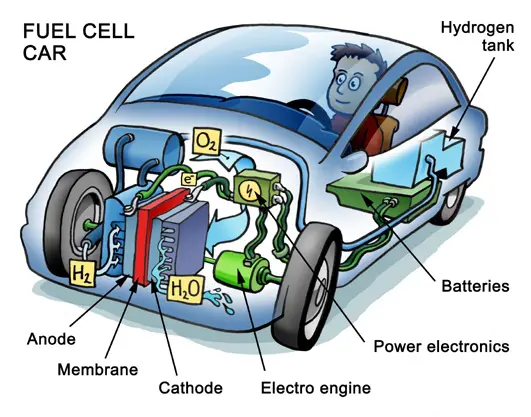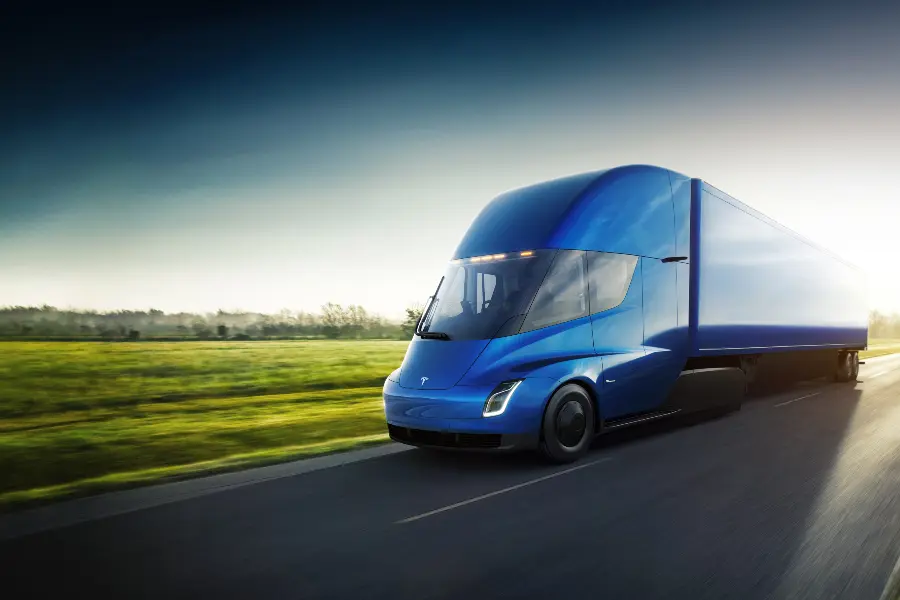
Discover why electric vehicles are more than just cars! Dive into their impact on the environment, economy, and society. Don’t miss out on the future!
Electric vehicles are more than just cars. Some examples are electric buses, trucks, bikes, and scooters. Electric boats and airplanes are being developed too. These diverse forms serve various needs, from public transportation to commercial use, making them a versatile and sustainable choice for the future.
Electric Vehicles Are More Than Just Cars
Ever thought that electric vehicles are more than just cars? Well, you’re spot on! From buses and bikes to even boats, electric vehicles are revolutionizing how we move, work, and live.
Stick around as we delve into this fascinating world!
Electric vehicles have long been associated with cars, but there’s a broader scope that often goes unnoticed.
This article aims to delve into the various facets of electric vehicles, from their types and environmental impact to their economic and societal benefits.
When most people hear the term electric vehicles, their minds immediately jump to cars, sleek, silent, and increasingly sustainable.
However, the realm of electric vehicles extends far beyond just four-wheeled personal transportation.
From buses and trucks to bikes and even boats, electric vehicles are revolutionizing how we move, work, and live.
This article aims to explore the various facets of electric vehicles, delving into their types, environmental impact, economic benefits, and societal implications.
So, let’s embark on this journey to understand why electric vehicles are indeed more than just cars.
The Evolution of Electric Vehicles
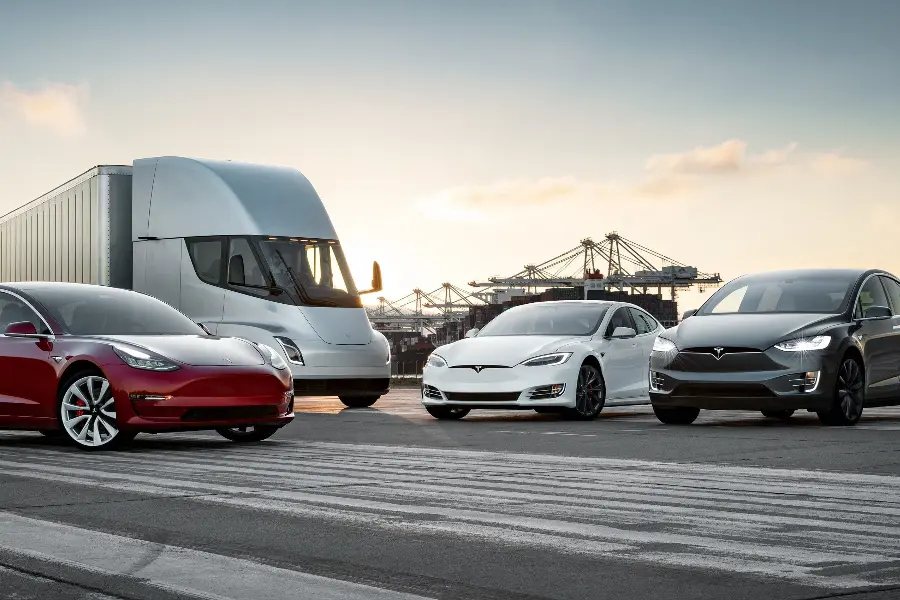
The journey of electric vehicles is a compelling narrative of innovation, challenges, and resurgence.
From their early beginnings in the 19th century to their modern-day prominence, electric vehicles have undergone a transformation that reflects broader shifts in technology, environmental awareness, and societal values.
This section aims to trace the evolution of electric vehicles, examining the key milestones and technological advancements that have shaped their current landscape and will likely influence their future.
Early Beginnings
Believe it or not, the concept of electric vehicles dates back to the 19th century.
The first electric car was invented as early as 1832, but due to technological limitations, such as inefficient batteries, and a lack of environmental awareness, these early models didn’t gain much traction.
Gasoline-powered cars soon took over, relegating electric vehicles to the background for several decades.
Modern Resurgence
Fast forward to the 21st century, and we find ourselves in the midst of an electric vehicle renaissance.
Thanks to advancements in battery technology and a growing focus on sustainability, electric vehicles are making a strong comeback.
This resurgence isn’t limited to just cars; electric buses, trucks, and even bikes are becoming increasingly common, contributing to a significant reduction in greenhouse gas emissions and offering various economic benefits.
Types of Electric Vehicles
As electric vehicles continue to evolve, they are diversifying into various forms, each serving different needs and applications.
From personal to public and commercial transportation, electric vehicles are making their presence felt across the board.
This section will delve into the different types of electric vehicles that are currently available or in development.
Electric Cars
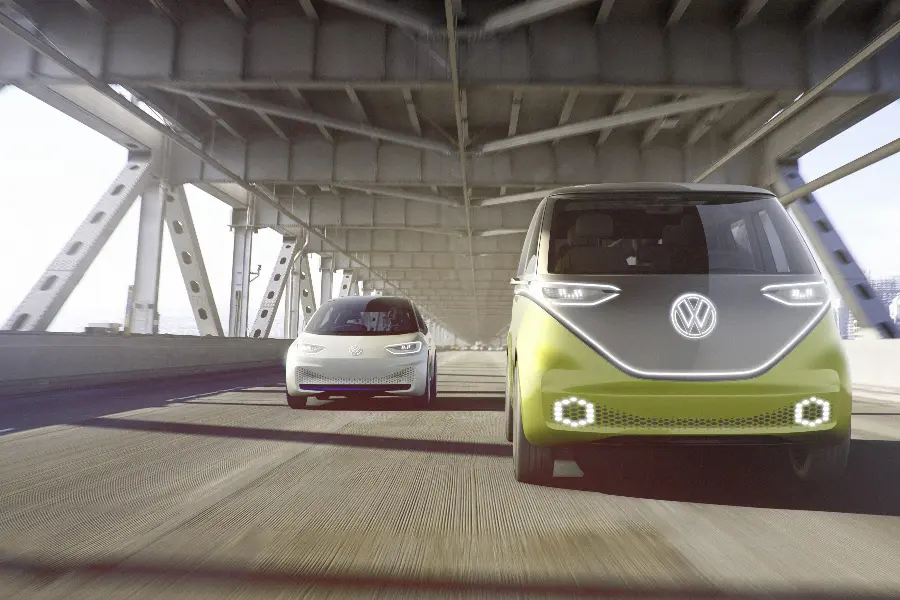
Popular models from manufacturers like Tesla and Nissan, with their Leaf model, have revolutionized personal transportation.
These electric cars are not only stylish but also sustainable, contributing to a significant reduction in greenhouse gas emissions.
Electric Buses

Cities worldwide are increasingly adopting electric buses for their public transportation networks.
These buses offer both environmental benefits, such as reduced emissions, and economic advantages like lower operational costs compared to traditional diesel buses.
Electric Trucks
In the commercial sector, electric trucks are making significant inroads.
Companies are particularly interested in electric trucks for short-haul deliveries, as they offer the dual benefits of reducing operational costs and lowering greenhouse gas emissions.
Electric Bikes and Scooters

For those looking to cover shorter distances, electric bikes and scooters offer a convenient solution.
These eco-friendly modes of transportation are often available through shared mobility services, making them accessible to a wide range of people.
Other Forms

The scope of electric vehicles is broadening even further with electric scooters and the development of electric boats and small electric planes.
While still in the experimental stage, these forms of electric vehicles hold the promise of transforming maritime and aerial transportation in a sustainable manner.
Environmental Impact
The environmental implications of electric vehicles are a critical aspect of their growing popularity.
As the world grapples with climate change and seeks sustainable solutions, electric vehicles emerge as a significant player in reducing our environmental footprint.
This section aims to explore the various ways in which electric vehicles impact the environment, from reducing greenhouse gas emissions to improving energy efficiency, while also addressing some of the challenges that need to be overcome.
Reduction in Greenhouse Gas Emissions
One of the most compelling arguments for the adoption of electric vehicles is their potential to significantly reduce greenhouse gas emissions.
Unlike traditional fossil fuel-powered vehicles, electric vehicles produce zero tailpipe emissions when running on electricity.
This contributes to global sustainability efforts aimed at mitigating climate change and improving air quality in urban areas.
Energy Efficiency
Electric vehicles are not just emission-free; they are also highly energy-efficient.
They convert a larger percentage of the electrical energy from the grid to power at the wheels, making them a smarter choice for both the environment and the economy.
This efficiency translates to less energy consumption for the same amount of work, further reducing their environmental impact.
Challenges
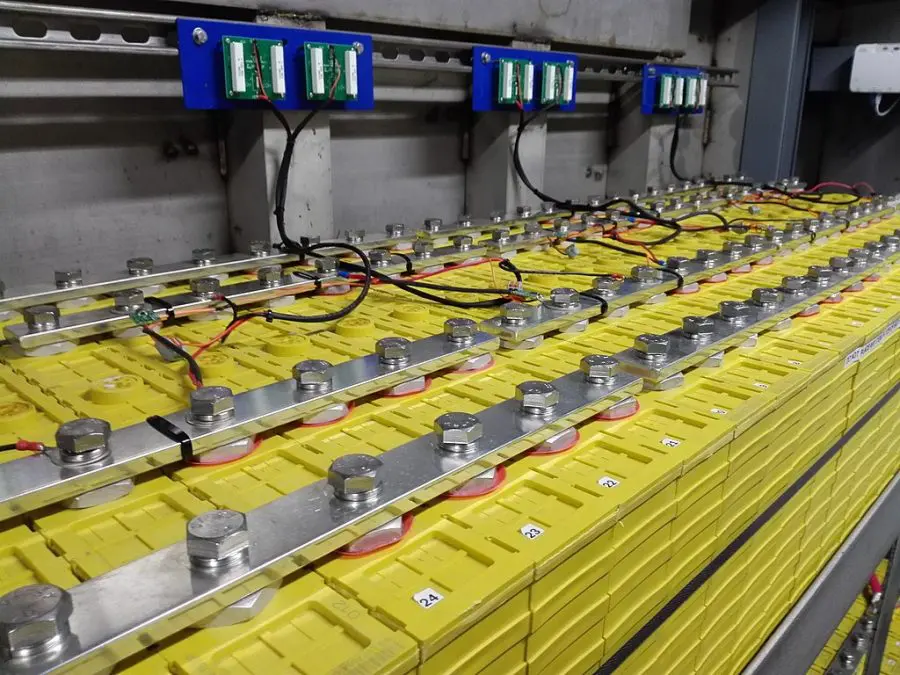
While electric vehicles offer numerous environmental benefits, they are not without challenges.
One of the most pressing issues is the disposal and recycling of batteries. As the number of electric vehicles on the road increases, so does the need for sustainable methods to handle used batteries.
Addressing this challenge is crucial for electric vehicles to be a truly sustainable option in the long term.
Economic Benefits
The economic implications of electric vehicles extend far beyond the initial purchase price.
As these vehicles become more prevalent, they’re proving to be not just an environmentally responsible choice but also an economically sound one.
This section will delve into the various economic benefits of electric vehicles, from cost savings and job creation to government incentives that make them even more appealing.
Cost Savings
One of the most immediate benefits of electric vehicles is the substantial savings on fuel and maintenance costs.
Electric vehicles are generally cheaper to operate than their gasoline or diesel counterparts.
They require fewer moving parts, reducing the likelihood of mechanical issues.
Additionally, the cost of electricity for charging is often less than the cost of gasoline or diesel fuel, making electric vehicles an economically viable option in the long run.
Job Creation
The rise of electric vehicles is also a catalyst for job creation. As demand for these vehicles grows, so does the need for various supporting industries.
This includes not just vehicle manufacturing but also battery production, charging infrastructure, and even software development for vehicle-to-grid technologies.
These emerging sectors offer new employment opportunities, contributing to economic growth.
Government Incentives
To accelerate the adoption of electric vehicles, various governments around the world offer financial incentives.
These range from tax credits and rebates on the purchase of new electric vehicles to subsidies for installing home charging stations.
Some regions even offer reduced registration fees and exemptions from road tolls for electric vehicle owners.
These incentives further enhance the economic benefits of choosing an electric vehicle, making it an even more attractive option.
Societal Implications

The rise of electric vehicles isn’t just a technological or environmental milestone; it’s a societal one as well.
As these vehicles become more integrated into our daily lives, they bring about changes that affect us on multiple levels, from how we move around our cities to how we think about energy and sustainability.
This section aims to explore the broader societal implications of electric vehicles, focusing on their impact on accessibility, urban planning, and lifestyle changes.
Accessibility
Electric vehicles have the potential to make transportation more inclusive.
In urban settings where public transportation may be lacking or inconvenient, electric vehicles, especially smaller, more affordable types like electric bikes and scooters can fill the gap.
They offer a more accessible mode of transport that can be particularly beneficial for people who may find traditional public transportation challenging to use, such as the elderly or those with physical disabilities.
Urban Planning
The growing adoption of electric vehicles has far-reaching implications for urban planning.
Cities will need to adapt to accommodate these vehicles, which includes not just the creation of charging infrastructure but also the rethinking of public spaces.
For example, parking lots could be converted into charging stations, and some lanes could be designated solely for electric vehicles to encourage their use.
These changes will require thoughtful planning and investment but have the potential to significantly improve urban living conditions.
Lifestyle Changes
As electric vehicles become more prevalent, they’re likely to bring about significant lifestyle changes.
The reduced dependence on fossil fuels could lead to a broader shift towards sustainable living, affecting choices beyond just transportation.
For instance, the rise of vehicle-to-grid technology could allow electric vehicles to serve as temporary energy storage, enabling more sustainable energy consumption patterns.
These changes represent a move towards a more conscientious lifestyle, aligned with global sustainability goals.
Future Prospects
As electric vehicles continue to make inroads into mainstream consciousness, it’s essential to look ahead at what the future holds.
The prospects for electric vehicles are not just tied to technological advancements but also to shifts in policy and public perception.
This section aims to explore these various facets, offering a glimpse into the future of electric vehicles and their potential to reshape our world.
Technological Innovations
The future of electric vehicles is intrinsically linked to advancements in technology, particularly in battery technology and vehicle design.
Innovations in these areas promise to extend the range of electric vehicles, reduce charging times, and make them more affordable.
These technological leaps could make electric vehicles an even more attractive option, not just for early adopters but for the general public as well.
Policy Changes
Government policies can serve as powerful catalysts in accelerating the adoption of electric vehicles.
Stricter emissions standards can make fossil fuel-powered vehicles less appealing, while financial incentives like tax credits and subsidies can make electric vehicles more affordable.
As governments around the world become more committed to sustainability goals, it’s likely that policies favoring electric vehicles will become more prevalent, further boosting their adoption.
Public Perception
Public perception plays a crucial role in the widespread adoption of electric vehicles.
As more people become aware of their environmental and economic benefits, the stigma often associated with going electric is likely to diminish.
Increased awareness can lead to higher demand, which in turn can result in a virtuous cycle of reduced prices and improved infrastructure, making electric vehicles accessible to even more people.
FAQs
As electric vehicles continue to gain popularity, it’s natural to have questions about their impact, benefits, and future.
This FAQ section aims to address some of the most commonly asked questions about electric vehicles, offering insights that can help you make informed decisions whether you’re considering buying an electric vehicle or simply curious about this transformative technology.
Q: What types of electric vehicles are there?
A: Electric vehicles come in various forms, including electric cars, buses, trucks, bikes, and scooters.
There are even electric boats and small planes in development. Each type serves different needs and applications, from personal to public and commercial transportation.
Q: How do electric vehicles impact the environment?
A: Electric vehicles offer significant environmental benefits, including a reduction in greenhouse gas emissions and higher energy efficiency compared to fossil fuel-powered vehicles.
However, challenges like battery disposal and recycling need to be addressed for them to be a truly sustainable option.
Q: Are electric vehicles more economical in the long run?
A: Yes, electric vehicles generally offer substantial fuel and maintenance cost savings, making them an economically viable option in the long run.
Additionally, various governments offer financial incentives like tax credits and subsidies to further enhance their economic benefits.
Q: How are electric vehicles changing urban planning?
A: The adoption of electric vehicles has implications for urban planning, including the need for charging infrastructure and changes to public spaces.
Cities are adapting to accommodate these vehicles, which could lead to improved urban living conditions.
Q: What are the societal implications of electric vehicles?
A: Electric vehicles have the potential to make transportation more inclusive and bring about lifestyle changes, including reduced dependence on fossil fuels and a shift towards more sustainable living.
They also have far-reaching implications for urban planning and job creation in new industries.
Conclusion
As we reach the end of this comprehensive exploration into the world of electric vehicles, it’s clear that their influence extends far beyond the realm of personal transportation.
Electric vehicles are not just a trend or a fad; they are a transformative technology with the potential to significantly impact various aspects of our lives from the environment and economy to society at large.
This conclusion aims to summarize the key takeaways and encourage readers to consider the broader implications of adopting electric vehicles.
A Multi-Faceted Impact
One of the most striking aspects of electric vehicles is their multi-faceted impact.
They offer a unique blend of environmental, economic, and societal benefits.
From reducing greenhouse gas emissions and promoting energy efficiency to creating new job opportunities and making transportation more accessible, electric vehicles have the potential to address some of the most pressing challenges of our time.
The Urgency of Broader Adoption
While electric vehicles have made significant strides, there’s an urgency for broader adoption.
Government policies, technological innovations, and shifts in public perception are crucial for accelerating this transition.
As more people become aware of the benefits, the adoption of electric vehicles can grow, leading to a virtuous cycle of reduced prices, improved infrastructure, and greater accessibility.



